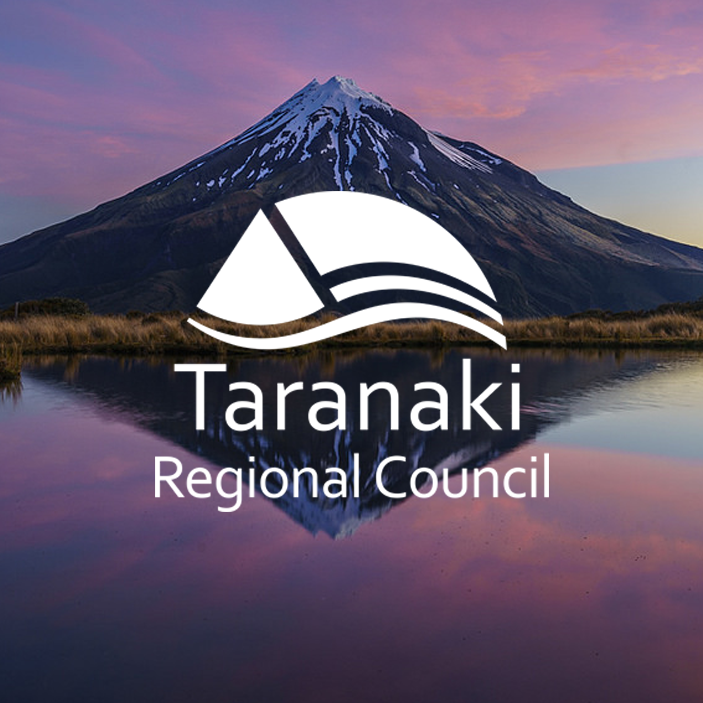Taranaki Regional Council
Read how Taranaki Regional Council saves hours of work each week with Brolly, a comprehensive social media archiving service for government and businesses.

Read how Taranaki Regional Council saves hours of work each week with Brolly, a comprehensive social media archiving service for government and businesses.
A chance encounter at a social media conference solved Taranaki Regional Council’s social media records compliance issues and now saves the communications team hours of work every week.
Taranaki’s Digital Communications Adviser first encountered Brolly at a conference focusing on social media for Government.
‘Brolly appealed to me immediately’, she said. Based on the presentation delivered by Brolly Sales Manager, Damian Martina, it was clear that the social media record management compliance requirements of Taranaki Regional Council were going to be covered.
Prior to the implementation of Brolly, tasks for the team involved copying and pasting. Taranaki Regional Council is not alone in this approach, and they shared the frustrations of any New Zealand local authority, trying to capture, store and manage communication on social media channels.
On Facebook, for example, conversations are ongoing and in constant flux. A Facebook page admin or editor can change the content of a post, and citizens can reply or direct message, even long after the initial conversation. More and more citizens choose to communicate with Council using social media.
Taranaki also has private messages enabled through Facebook, and this adds another level of complexity in records management. The volume of conversations in this medium is constantly increasing. When using private messaging, people often share information that is more ‘personal’ because the conversation is not on public display.
Capturing and managing the information is a mammoth task – some would say it’s impossible to keep up with all the changes. Brolly was developed in Australia in response to the growing use of social media for citizen conversations. The solutions that Brolly provides for Australian councils and shires translate seamlessly into the New Zealand territorial authority experience.
Before implementing Brolly, the product needed to meet Taranaki Regional Council’s record keeping requirements. The New Zealand Public Records Act 2005 sets out responsibilities for creation, classification, maintenance, disposal and archiving of records, including social media.
Council’s Documents Management Officer was a key decision maker in the adoption of Brolly for Taranaki.
She was delighted to find that the team at Brolly were able to answer all her questions about compliance and standards – sometimes even before she asked them.
The Brolly team’s extensive experience with the government sector means they are across public records requirements and have built compliance into the product. As standards are reviewed Brolly is updated, ensuring continued compliance in a changing digital communication landscape.
One important concern was related to ownership and access. As the Documents Management Officer noted, ‘We need to have access to the digital files and to be able to store them in our systems. The export functionality mean that the data is in our control, and as secure as our systems. We didn’t want to face the risk of data leaks or vulnerabilities that might come with some cloud-based systems.’
“If the Chief Archivist asks me are we compliant, I can say with certainty, ‘Yes, we are compliant.'”
For Taranaki Regional Council, the main benefit of implementing Brolly has been reliable, straightforward compliance with the Public Records Act 2005. The direct impact to the communications team and the records management team has been that their day-to-day social media records management tasks are made easier. For the Regional Council, it reduces risk and provides peace of mind.
In the words of Taranaki Regional Council’s Documents Management Officer, “If the Chief Archivist asks me are we compliant, I can say with certainty, ‘Yes, we are compliant.'”